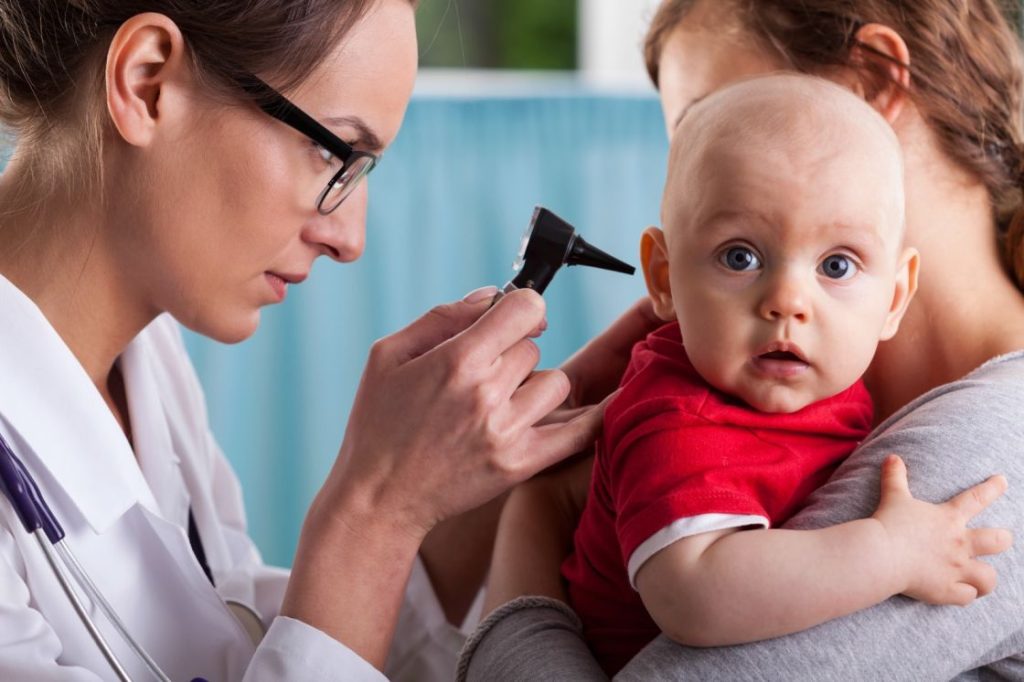Earaches can be a source of intense discomfort, affecting individuals of all ages. While they are more common in children, adults are not immune to this painful condition. Understanding the causes and prevalence of earaches in children versus adults is crucial for effective treatment and prevention.
What are Earaches?
Earaches, also known as otalgia, refer to pain or discomfort in the ear. They can vary from mild to severe and may affect one or both ears. Earaches can be caused by various factors, including infections, such as otitis media or otitis externa, earwax buildup, foreign objects in the ear, sinus infections, dental issues or changes in air pressure.
Symptoms of earaches may include pain, itching, drainage from the ear, hearing loss or a feeling of fullness in the ear. Treatment depends on the underlying cause and may include pain relievers, antibiotics, ear drops or other interventions.
Causes of Earaches
In children, earaches are often associated with ear infections, particularly acute otitis media. This type of infection occurs when the middle ear becomes inflamed due to a bacterial or viral infection. Other causes in children include teething, sinus infections or fluid buildup behind the eardrum.
In adults, earaches are commonly caused by infections, such as otitis externa (swimmer’s ear) or otitis media. However, ear pain in adults can also be due to other factors, including earwax buildup, foreign objects in the ear or changes in air pressure, such as during air travel or scuba diving. Temporomandibular joint (TMJ) disorders and dental issues can also lead to earaches in adults.
Prevalence of Earaches
Ear infections are a leading cause of earaches in children, with up to 5 out of 6 children experiencing an ear infection by the age of three. Children between the ages of 6 months to 2 years are particularly prone to ear infections due to the size and shape of their Eustachian tubes, which are more horisontal and prone to blockage.
While less common than in children, earaches can still occur in adults. The prevalence of ear infections decreases with age, but other factors, such as sinus infections or TMJ disorders, can contribute to ear pain in adults. Adults with weakened immune systems or underlying health conditions may be more susceptible to ear infections and associated earaches.
Symptoms of Earaches
Signs of an earache in children may include pulling or tugging at the ear, irritability, difficulty sleeping, fever, fluid drainage from the ear or hearing loss. Young children may not be able to communicate their discomfort effectively, so parents and caregivers need to be vigilant for these symptoms.
Adults with earaches may experience pain or discomfort in one or both ears, ear drainage, hearing loss or a feeling of fullness in the ear. Depending on the underlying cause, additional symptoms such as fever, headache or jaw pain may also be present.
Treatment of Earaches
Treatment for Earaches in Children
Often involves managing pain and addressing the underlying cause. This may include over-the-counter pain relievers, ear drops or antibiotics for bacterial infections. In some cases, a procedure called tympanostomy tube placement may be recommended to drain fluid from the middle ear and prevent recurrent infections.
Treatment for Earaches in Adults
Depends on the underlying cause. For ear infections, antibiotics may be prescribed. Pain relievers, ear drops or warm compresses can help alleviate discomfort. In cases of TMJ disorders or dental issues, treatment by a dentist or TMJ specialist may be necessary.
Seeking Relief from Earaches?
Earaches can be a challenging and painful condition, impacting both children and adults. While ear infections are a common cause in children, adults can also experience ear pain due to various factors.
Understanding the causes, prevalence and symptoms of earaches is essential for proper diagnosis and treatment. If you or your child is experiencing persistent or severe ear pain, it is important to consult with our healthcare provider for an accurate diagnosis and appropriate management.
Schedule a consultation with our experienced healthcare professionals today. Get personalised care and treatment recommendations. Don’t let ear pain disrupt your life – book your consultation now and start feeling better soon.


























